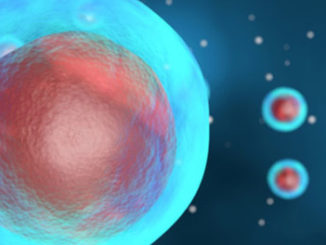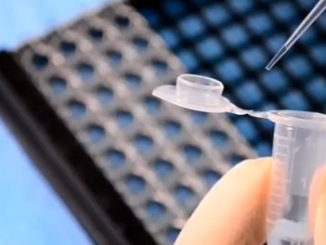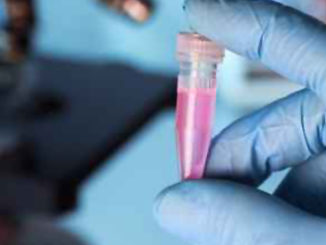New Single-Cell Bisulfite Sequencing Technique Boosts Epigenetic Research
A new single-cell bisulfite sequencing (scBS-seq) technique that can advance epigenetic experiments has been developed by researchers from BSRC-funded Babraham Institute and the Wellcome Trust Sanger Institute Single Cell Genomics Centre. Using this powerful technique, all epigenetic marks on the DNA within a single cell can be mapped out. This novel method could enhance our understanding of embryonic development and holds promise for improving clinical applications such as fertility treatments and cancer therapy. It may also reduce the amount of [more…]







